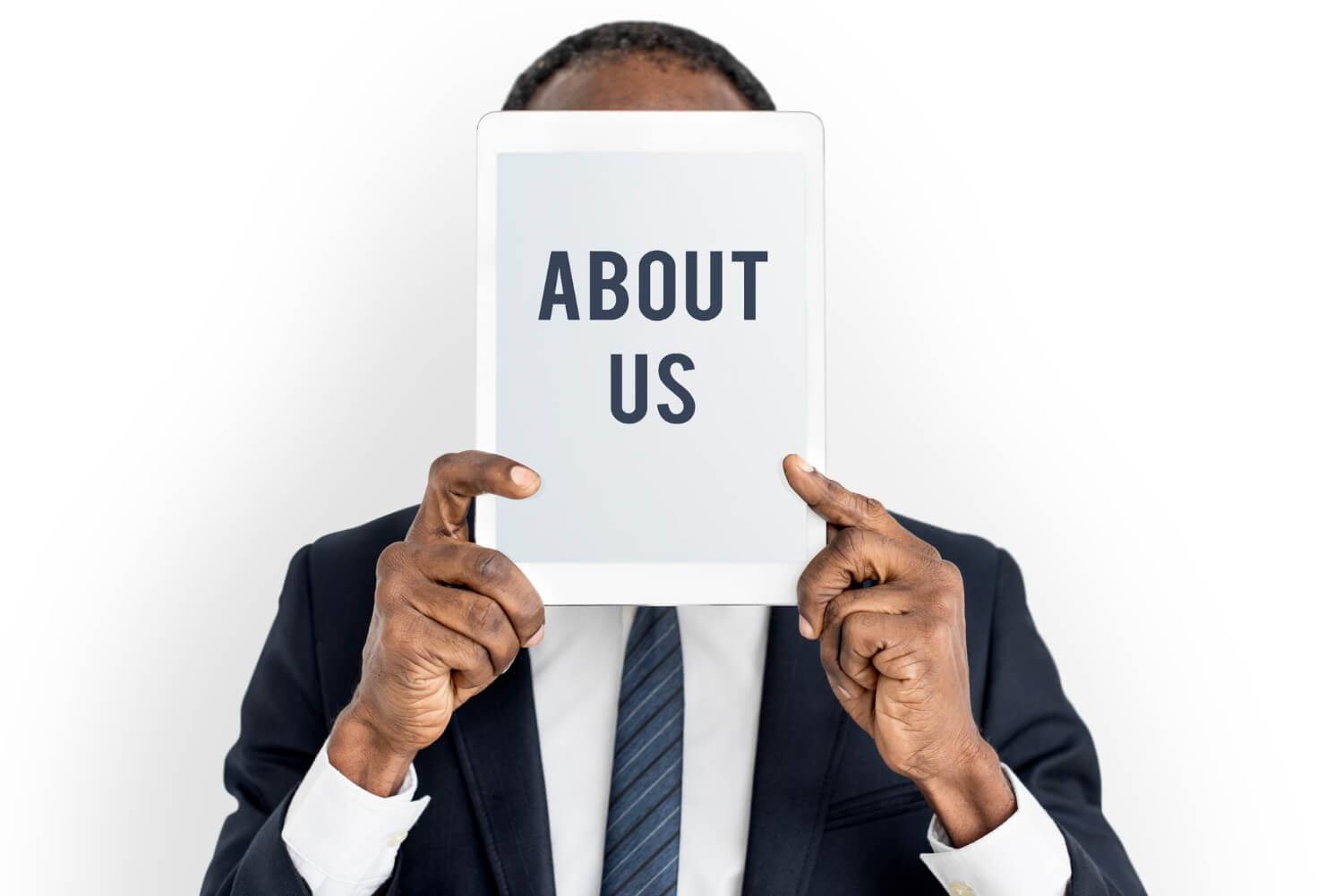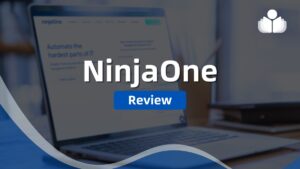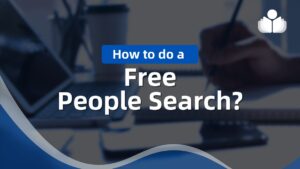Management Library, founded in 1995, has always aimed to provide free, easy-to-access, and high-quality online information to help businesses and professionals grow. We’ve always strived to provide articles that will help you develop yourself or improve the processes of your business. Now, over 25 years into our endeavor, we’ve compiled one of the world’s largest collections of professional articles and resources that you’ll find online or off.
Over our time creating this content, we’ve seen millions of users land on the site to get the high-quality information that they need. We’re grateful and excited that we get to continue to deliver on our mission today in an organized and modern way as we strive to answer the business world’s greatest questions. We hope that you’ll find the resources you need to take the next step in your career, or to help your business achieve its goals this year.
Vast Amount of Information in the Library
There are currently thousands of articles in the Library, each topic has additionally recommended books and related Library topics. While we do not try to accumulate as many articles as possible in order to maximize the number of visitors we get, we do want to be as inclusive as possible with the vast amount of questions there are in both professional growth and in running a business. The Library isan informational and educational site that can be used both professionally and educationally. We hope you’re able to find everything you’re looking for, but if not you should let us know what you’d like to see next.
Focus and Type of Content in the Library
The Library focuses especially on free, online and practical information that visitors can quickly apply. Articles are typically about personal, professional and organizational development. Therefore, the Library does not focus on topics, such as lifestyle, entertainment, politics, philosophy and religion. Also, the Library does not
list specific companies, industry information, maps, investment information
and listings of schools.
We strive to help especially those organizations having limited resources, for example, start-up organizations or those trying to evolve to a mature stage of development. Thus, the nature of the content is basic to intermediary. However, the content would be very useful for those preparing to take advanced courses in college or into graduate school.
Library Topics Pertain to For-Profits and Nonprofits
For people who want to use the Library to develop their organizations, the Library applies to for-profit and nonprofit organizations. Many resources for nonprofits tend to be nonprofit-specific, that is, they are primarily about fundraising, volunteers, public policy and advocating. Actually, most of the activities conducted in nonprofits are the same as those in for-profits. The differences between organizations have more to do with their size than the nature of their services — small for-profits are more like small nonprofits than large for-profits. Similarly, large nonprofits are more like large for-profits than small nonprofits. We make the Library useful to both for-profits and nonprofits, recognizing the vast similarities, as well as differences, between both types of organizations. See Library Includes Materials for For-Profits and Nonprofit Organizations.
Numerous Ways to Learn in the Library
Visitors can learn a great deal in the Library. Visitors can very quickly learn a lot about a topic just by scanning the sections of topics and how those topics are arranged together. Visitors also can use various assessments to closely
examine themselves, their groups and their organizations. Results of those assessments can be use to select the best topics to focus on, in the Library. Visitors also can capture their learning in learning plans that are as informal as learning journals or as formal as systematic learning plans. See How to Use the Library.
Acknowledgements
- Authenticity Consulting, LLC, that initiated, developed and managed the Library from 1995 into October, 2021.
- The Management Assistance Program (MAP) for Nonprofits of St. Paul, Minnesota, for its Web hosting of this Library from 1996 to 2005 and for its continued support during that time!
- The Virginia McKnight Binger Fund, which contributed funds to Authenticity Consulting, LLC, for some of the original development and administration of the Library.
- United Centers for Spiritual Living (UCSL) for its contribution to enhance the usability of the Library. Although Authenticity has no direct affiliation with this organization, UCSL made a significant contribution, which, in part, funded the redesign of the Library in 2006.
- NilesRiver.com (Kim Niles) whose extraordinary Web development and technical skills have
continually developed and refined the functionality of the Library. - Wylde Hare Creative (Erin Scott) whose creative and gifted graphic skills have provided an attractive,
yet easy-to-use, interface to the Library. - Andy Katzung has accurately and reliably been maintaining the vast number of links in the Library, to the extent that less than 1% of the links are ever broken.
- Caitlin Cahill has extensive knowledge of coding and design of both the WordPress software used for our blogs and the html software use in the many of the topics. She has been immensely useful.
- The many 1,000s of people and organizations that have contributed free resources to the Library.
Thank you to you all!
Frequently Asked Questions
How can I learn to use the Library to best meet my needs?
Are the Library materials curated (evaluated) for inclusion in the Library?
Yes. Each article also is evaluated for substance. For example, if an article is the short length of one computer screen and includes only vague, obvious generalities, then the article is not included in the Library. If readers notify us of an article in the Library that is verified to be inaccurate (that is other than merely a different opinion than the readers’), then we remove the article from the Library.
What if I want to copy or distribute materials from the library? Who owns the materials?
See Copyright and Reprint Terms
Can I get Library materials provided to me on a CD-ROM or as printed-out documents?
The materials in the Library are owned by the authors and/or publishers of those materials — the Library does not own most of the materials referenced from the Library. Thus, the Library does not have the right to copy, publish and/or distribute those materials. The Library provides those materials primarily by providing links to them. For more information, see Copyright and Reprint Terms.
Where can I find additional sources of assistance to solve management problems or achieve goals?
There is a vast range of free resources available to you in the “General Resources” section on the right-hand sidebar. Also, see the “Related Library Topics” and “Recommended Books” referenced from the bottom of each topic’s page.
Why doesn’t the Library annotate each of the links in the Library?
An annotation is a very short (usually 2- or 3-line) description of the highlights of a particular resource, for example, of an article. Different users often need different results from, and can have different perspectives on, the same resource. Brief annotations are often very generic and, thus, very often can’t be specific and useful enough to those having diverse needs from the same resource.
Also, we’ve found since 1995 that users very rarely ask for annotations — instead, they find it more useful to quickly click on the link to the article and then quickly scan it for themselves according to their own needs and perspectives.
Besides, the links we provide to articles are almost always on other websites — those websites often annotate the own articles.
Why doesn’t the Library offer online discussion groups for each of its many topics?
Online discussion groups and blogs are popping up like popcorn. The vast majority of them do not achieve the high rate of participation and feedback needed to make them useful to participants. The vast majority fizzle out and die altogether.
However, there are already numerous groups about personal, professional and organizational development that have already achieved that very high level of participation. They have 1,000s of participants and are relevant to the vast majority of topics in regard to management. See Online Discussion Groups.
Our interests are ensuring that our users get prompt and useful feedback — they’re much more likely to get that kind of feedback from an already established online group, rather than our trying to start a bunch of new groups.
Why doesn’t the Library include users’ ratings of each article in the Library?
Our users report to us that ratings of articles are not really useful to them. They rarely look for ratings. It’s just as easy for them to quickly scan an article to see if it meets their own unique needs at that particular time. Besides, each person still should decide for themselves if an article is useful to him or her.
Why doesn’t the Library require visitors to register before using the Library?
We have no need or interest in obtaining your name or email address. Many of the authors, whose resources we link to, intended for their resources to be free to the world — they did not intend for others to have to give their name, email address, etc., to use those resources, so the Library shouldn’t either.
 Sections of this topic
Sections of this topic
















